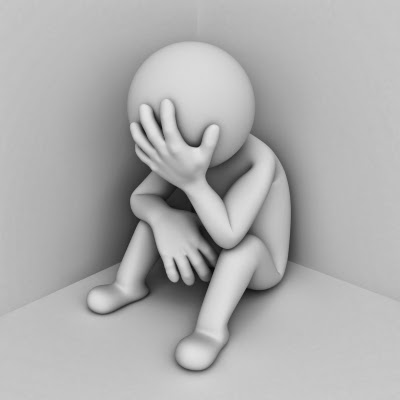 |
| Lotus flowers in Nepal. |
The problem with me, like many others, is that I'm scared to suffer. As soon as I feel something that is less-than-desirable, I shrivel up a bit inside and try to cover it up with something. Anything that I can do to not have to face that feeling is done out of some idea that I need to be shielded from the harshness that life inevitably brings. I know I'm doing this because I can see myself doing it. I'm watching my reactions and finding that inside, I'm nothing but a big baby. Although I've been able to exercise some amount of discipline and self-control in my practice and my life lately, I'm still just as afraid of embracing the pain as I ever was.
I've heard it said that suffering is pain multiplied by resistance. We can try our hardest to avoid pain, but that just seems silly. Pain is going to come, we all have to die someday, and we are all subject to old-age and sickness. Resistance, on the other hand, seems to be somewhat of a choice. No, I don't believe that labeling something as a choice and walking away helps us understand how the mind works. Just because a choice is possible, doesn't mean that it's readily available to us. That all depends on past choices that we've made as well. For example, if we are raised in a violent household, and violence is all we know, it's not helpful to say that when we are met with violence, we should just choose non-violence. When we are dealing with years of conditioning, we must understand that freedom, or the ability to do otherwise, is very limited or maybe even impossible.
What it takes then is a radical willingness to change our lives, and that's where we can come in, at whichever moment we finally choose to surrender. If we keep going along with whatever is happening like there is no problem, nothing will ever really change. It's only when we're completely fed up with our lack of freedom that we have a chance at tipping the scales in our favor. You'll know when you've had enough of being led around by the conditioned mind, and are ready to step into a new world that is fresh and full of possibilities.
If you're like me, you might have come to this place but then wondered exactly what to do next.
Here are some things that I am looking to remind myself of now, because I know I haven't exactly been great at implementing them lately.
1. Break down the unpleasant experience.
Let yourself see the combined parts of what you are feeling. Is it physical, mental, emotional, or maybe a combination? Try to separate the different elements that are at work in creating your suffering. You can try using mental labels to keep things clearly identified and distinguishable.
2. Let it be.
Paul McCartney was right. Once to know what you are experiencing, just let it be. Just let the bare sensations be sensations, without letting your mind get wrapped up in identifying with them. Let heat be heat, let a throbbing sensation be a throbbing sensation. Let loneliness be loneliness.
3. Find gratitude for your pain.
Be grateful for all that you are feeling, for it means that you're alive and able to experience life in all its fullness. It also means that your head isn't so far up your ass that you can't even realize what's happening. Even though you might be miserable, at least you know you are miserable. As it turns out, that is a crucial step in being able to step into something greater. Regardless of what you are experiencing, you can remind yourself of your gratitude by repeating, "I wouldn't have it any other way."
4. Surrender.
Just let go of all your resistance. Let yourself feel everything, without covering it up, without feeling sorry for yourself. And if you do feel sorry for yourself, that's okay too. Just allow whatever it is that you are experiencing to be without trying to control anything. Anything you are feeling will leave just as it came in. Don't mistake a drawn out experience for something permanent. Surrender to the changing moment.
5. Be compassionate to yourself.
Sometimes, the best thing we can do is just wrap ourselves in a little bit of our own love and let something run its course. We shouldn't feel sorry for ourselves, but it's okay to acknowledge that what we're going through is indeed tough. This let's us feel our own support and desire to make it through to the other side.
6. Feel good about your endeavor to face suffering head-on.
Yes, you can give yourself a bit of a pat on the back, but not too much. Be careful to not overdo it, and develop some sort of pride about it. Remember, there is no one really here to be proud or to be proud of. Everything is always changing and existing due to the conditions that support it. Seeing the error in identifying with our suffering means that we also don't take credit for any sort of victory. Instead, we can gently acknowledge that we've done something good for ourselves and know that it hasn't gone unnoticed.
So, just like that, I hope to able to be able to have something a little more tangible to put into action the next time I feel that life has got me a bit down. It's nice to know that we all have this feeling, and that we aren't helpless in what we can do to deal with it. More than anything, we learn from these difficult situations, and without them, the human experience would be radically different. Let's be grateful for all that we have, including this.























